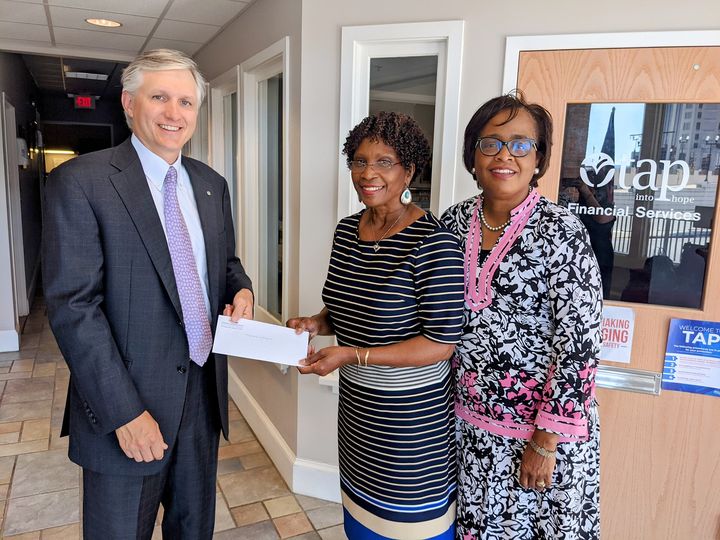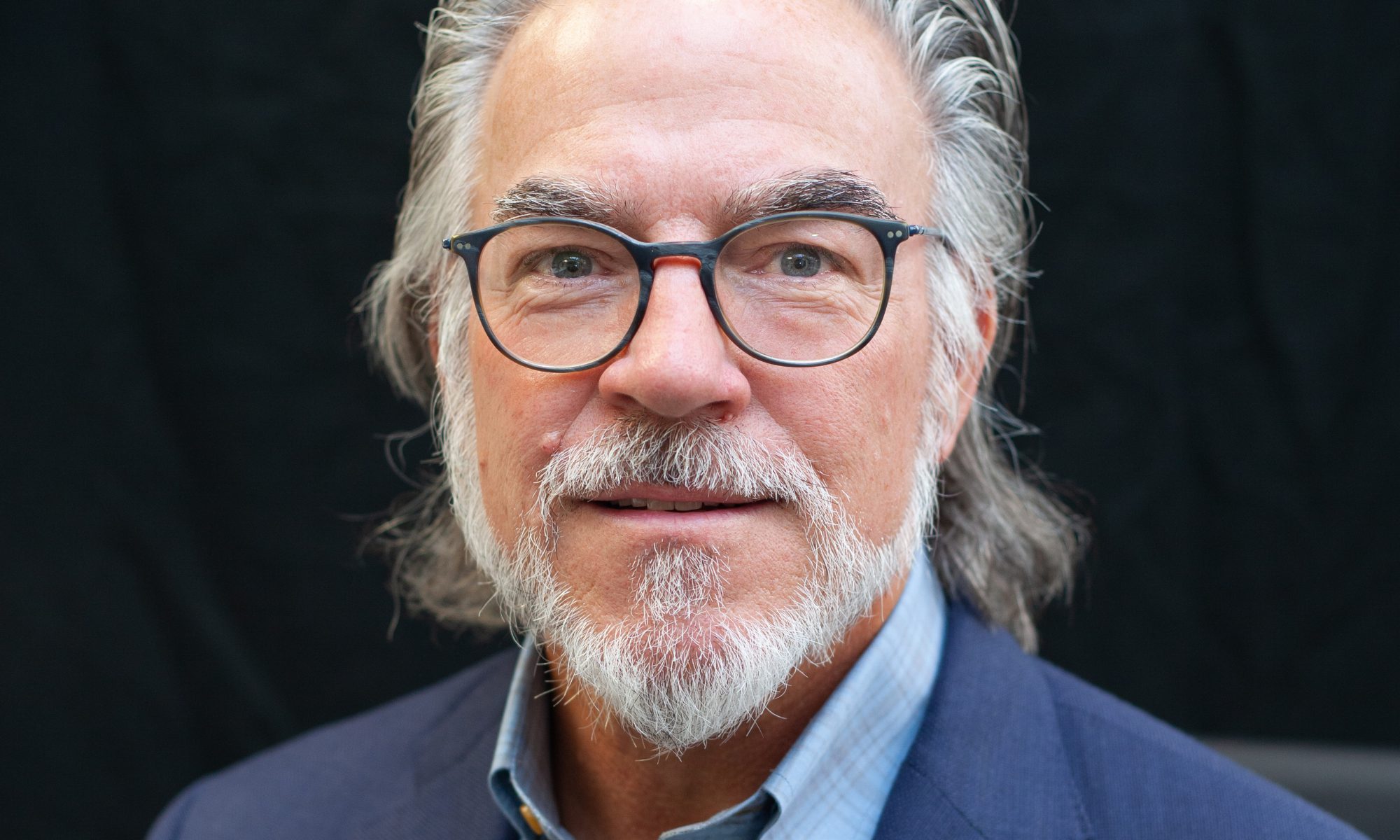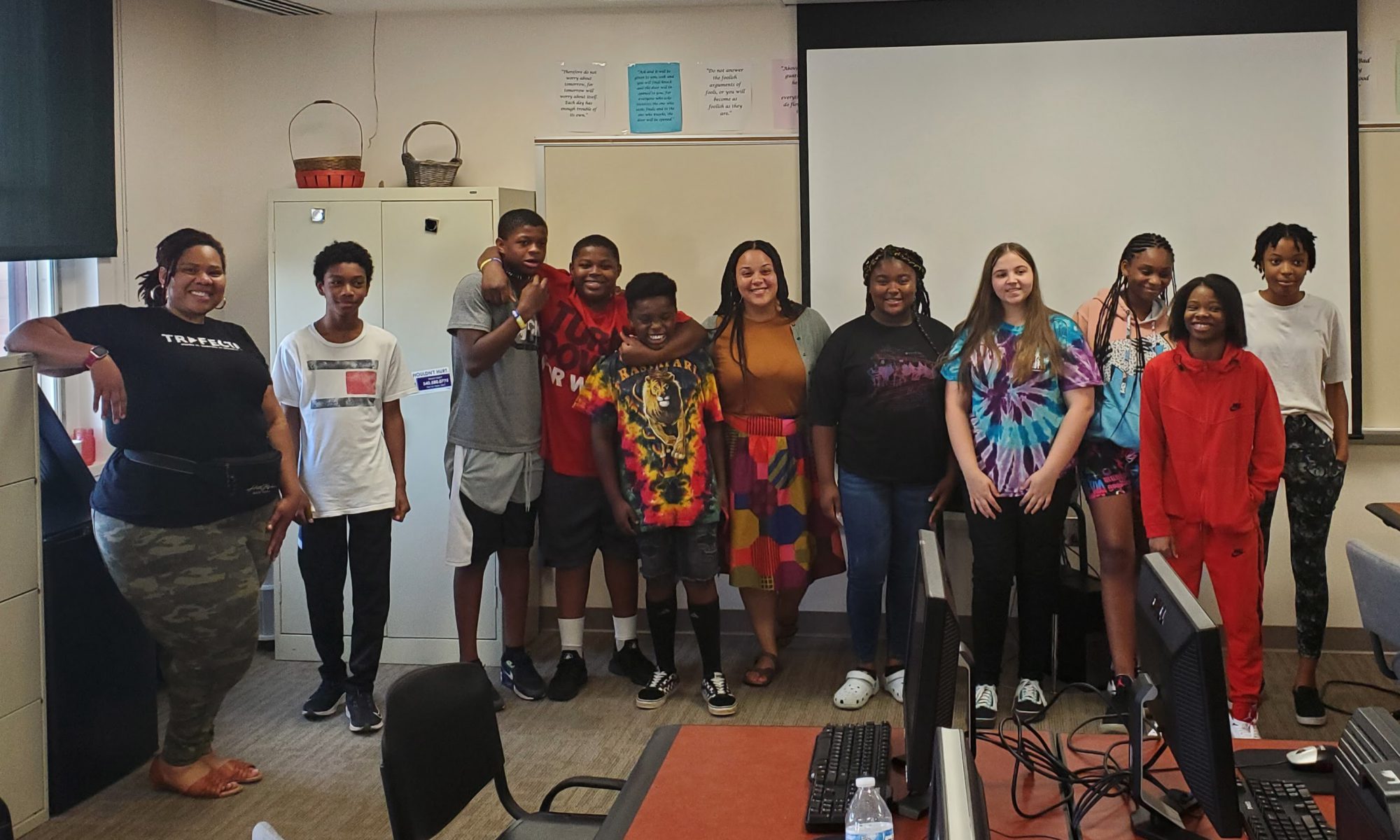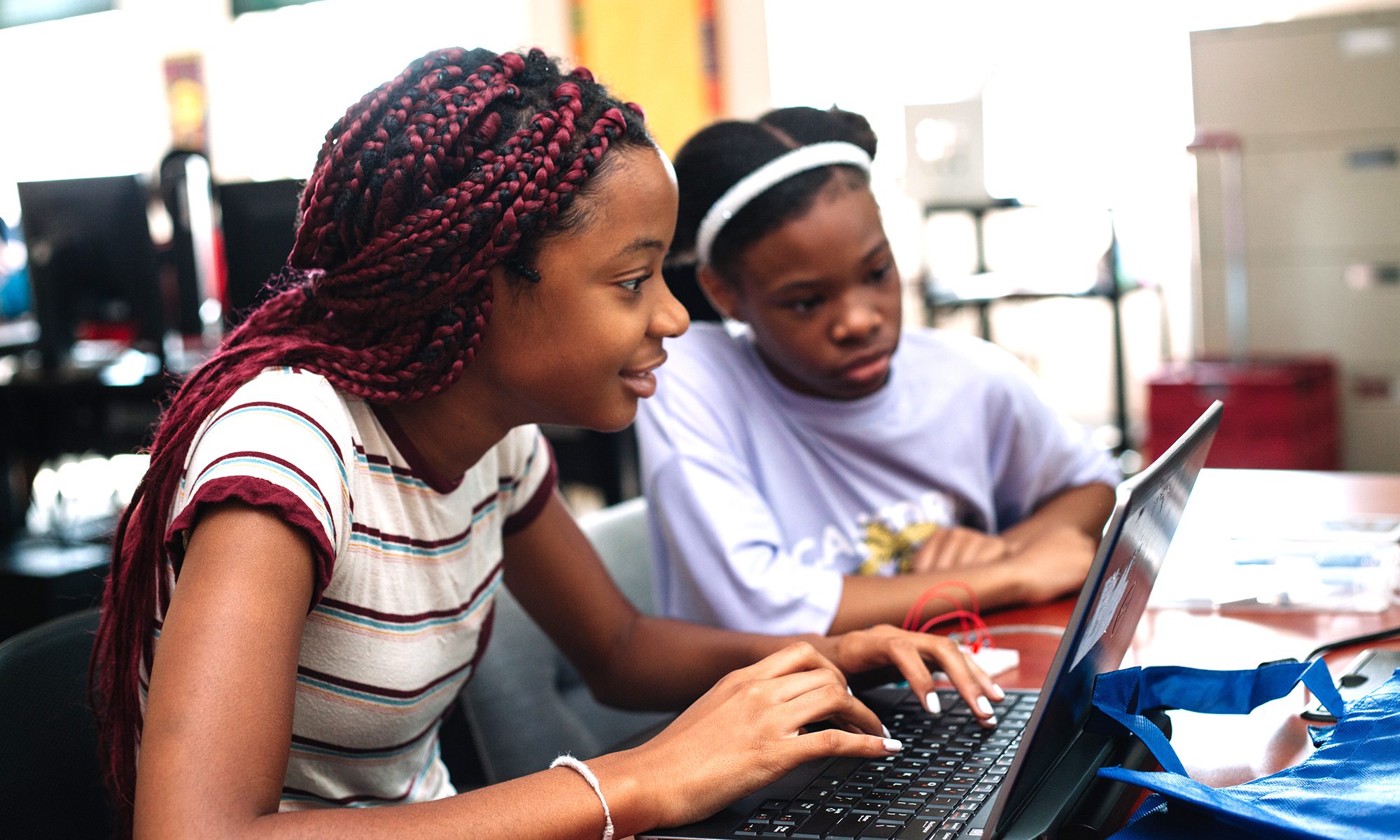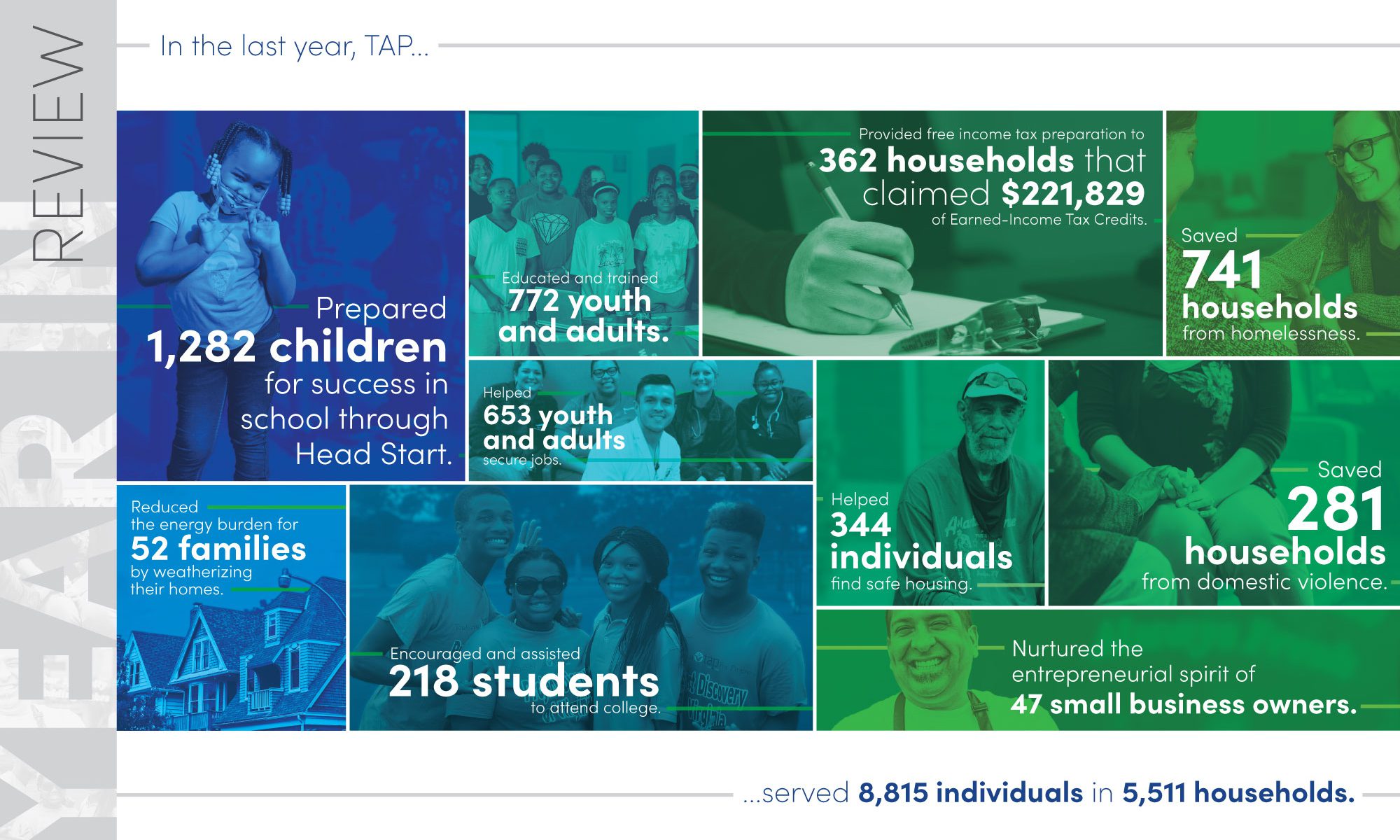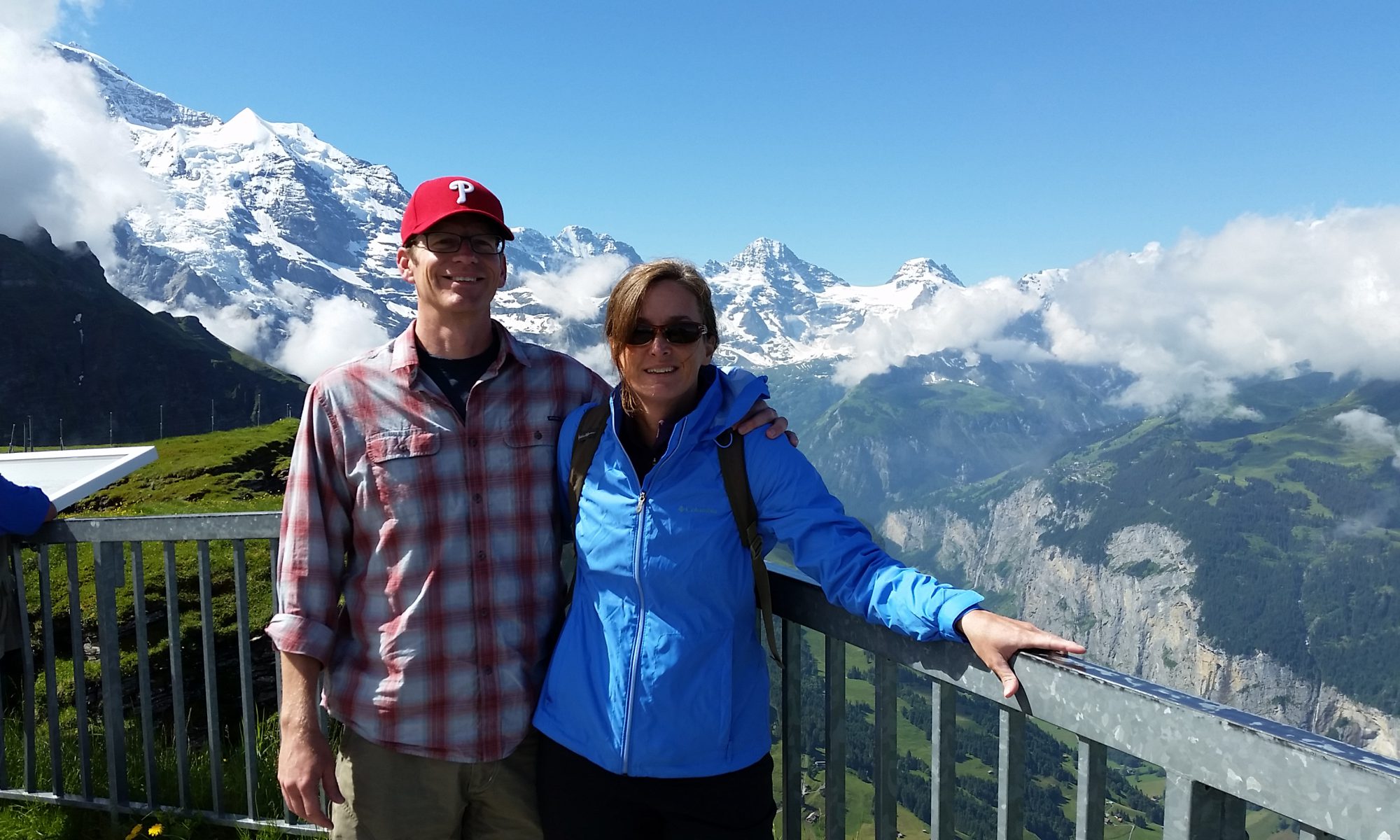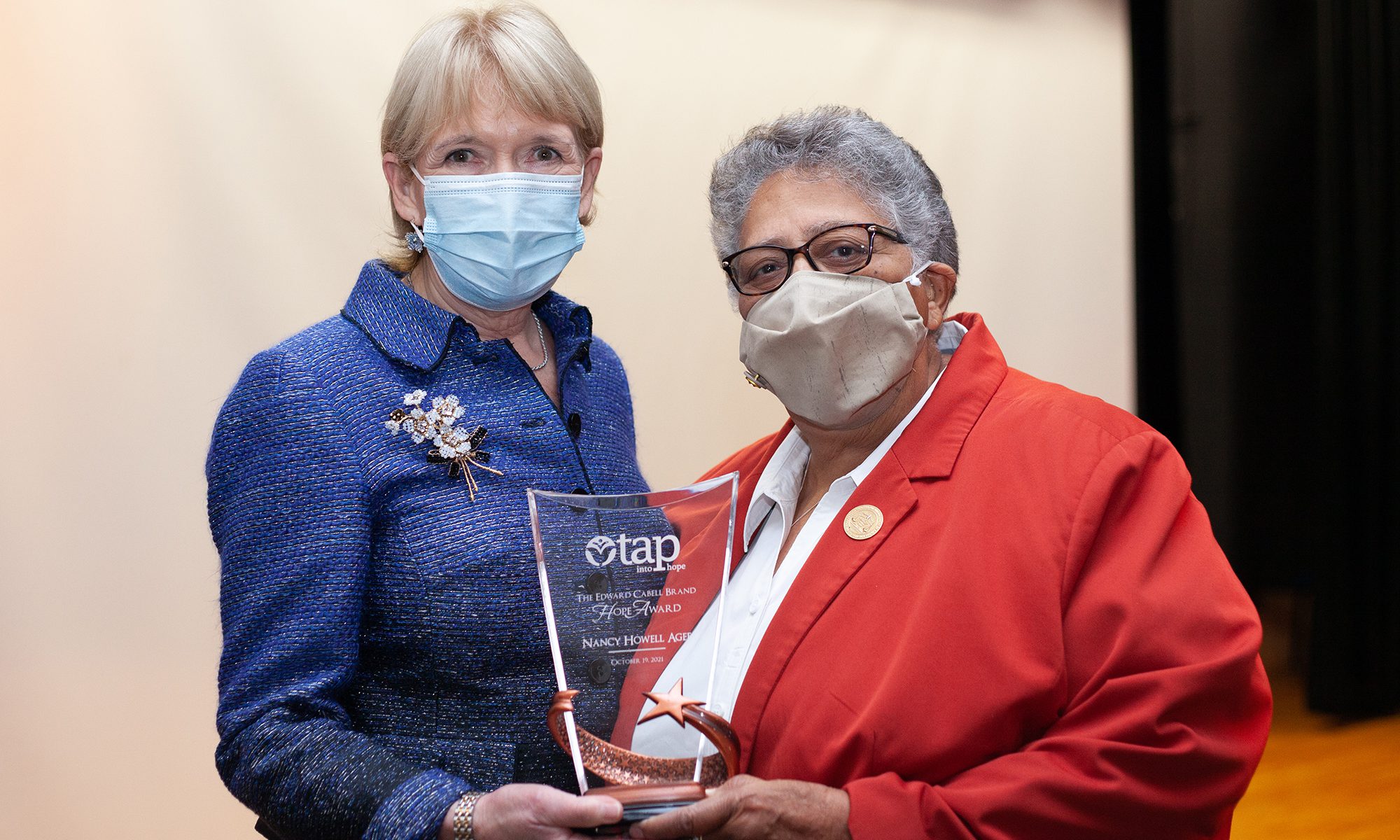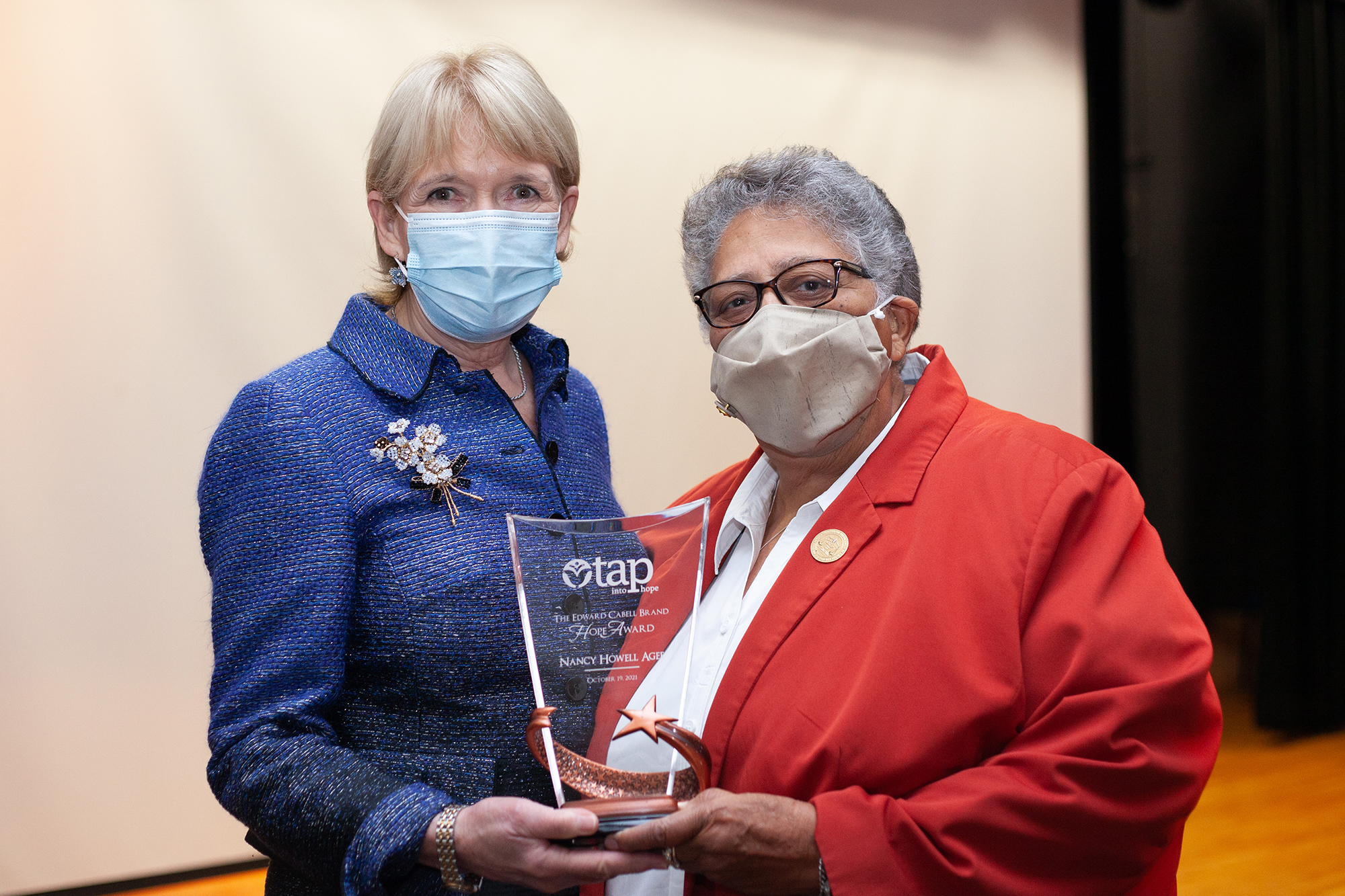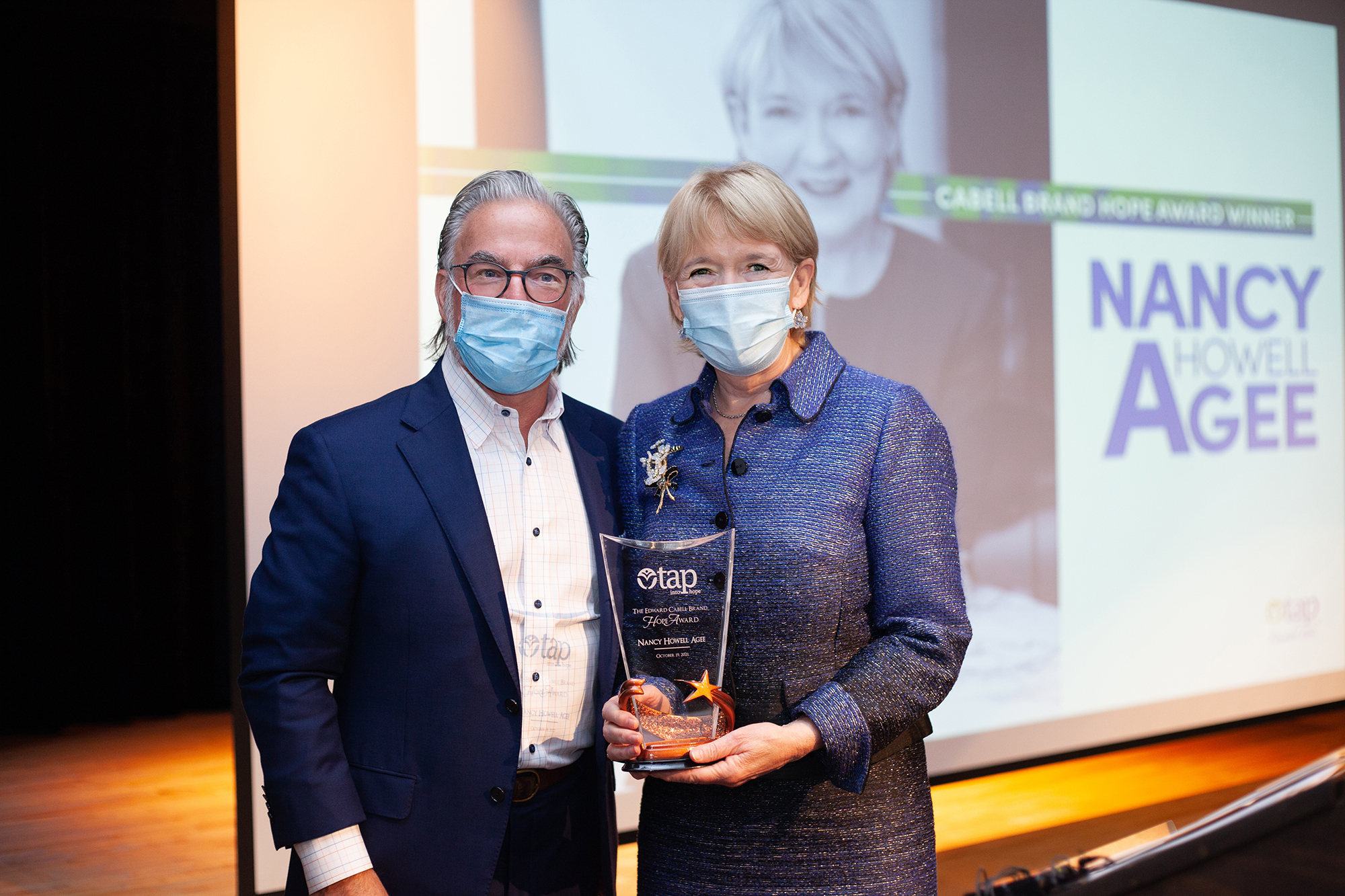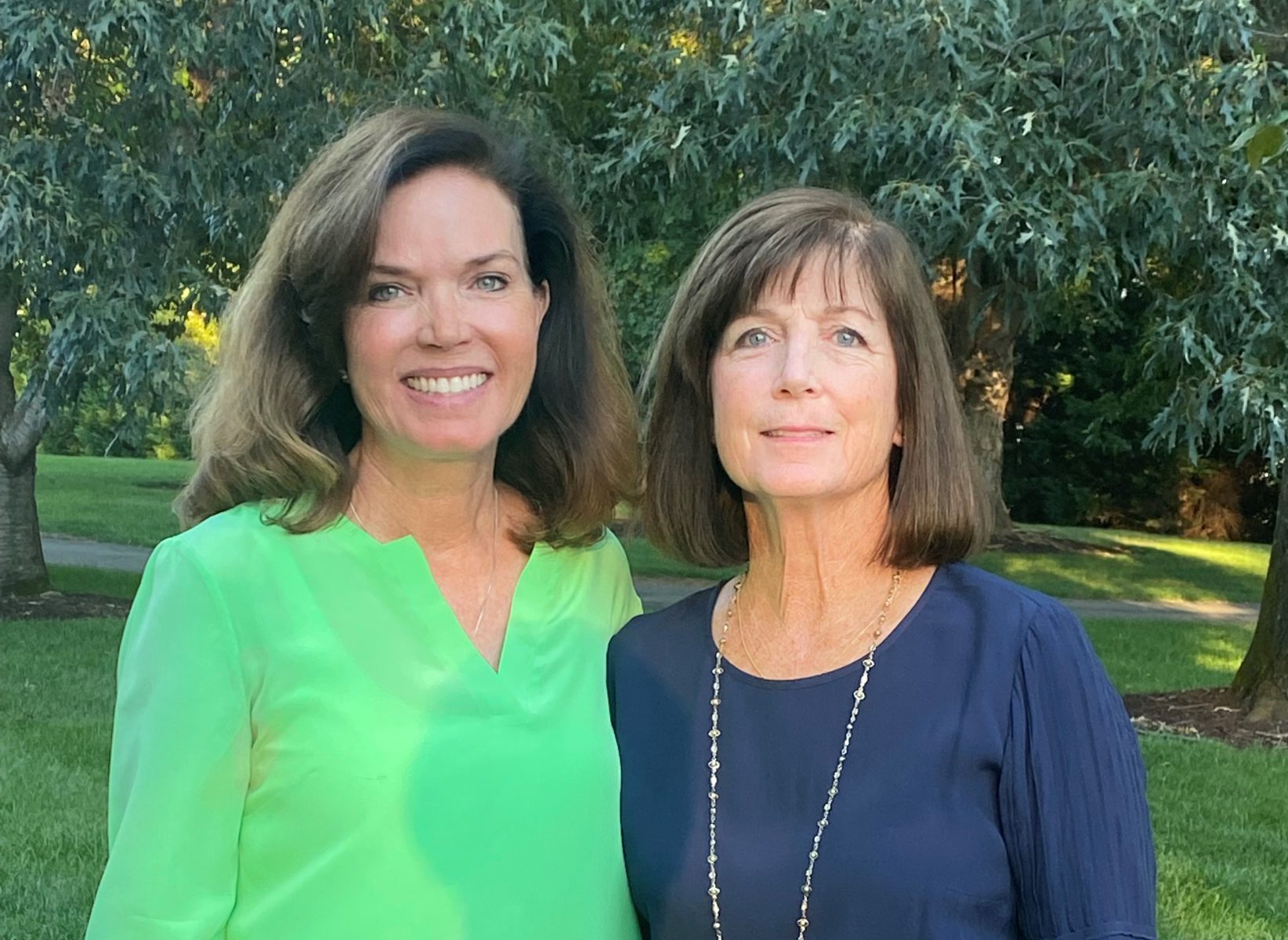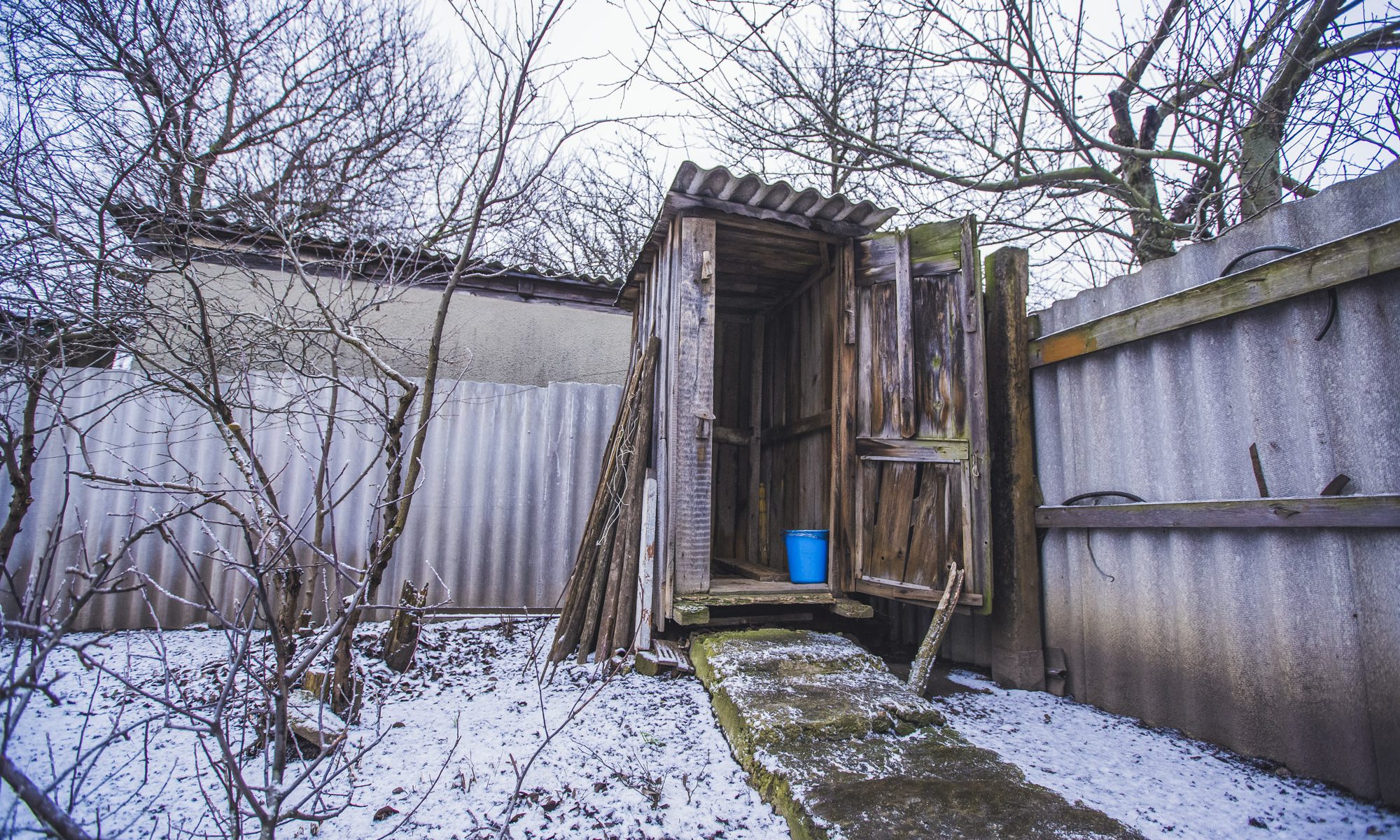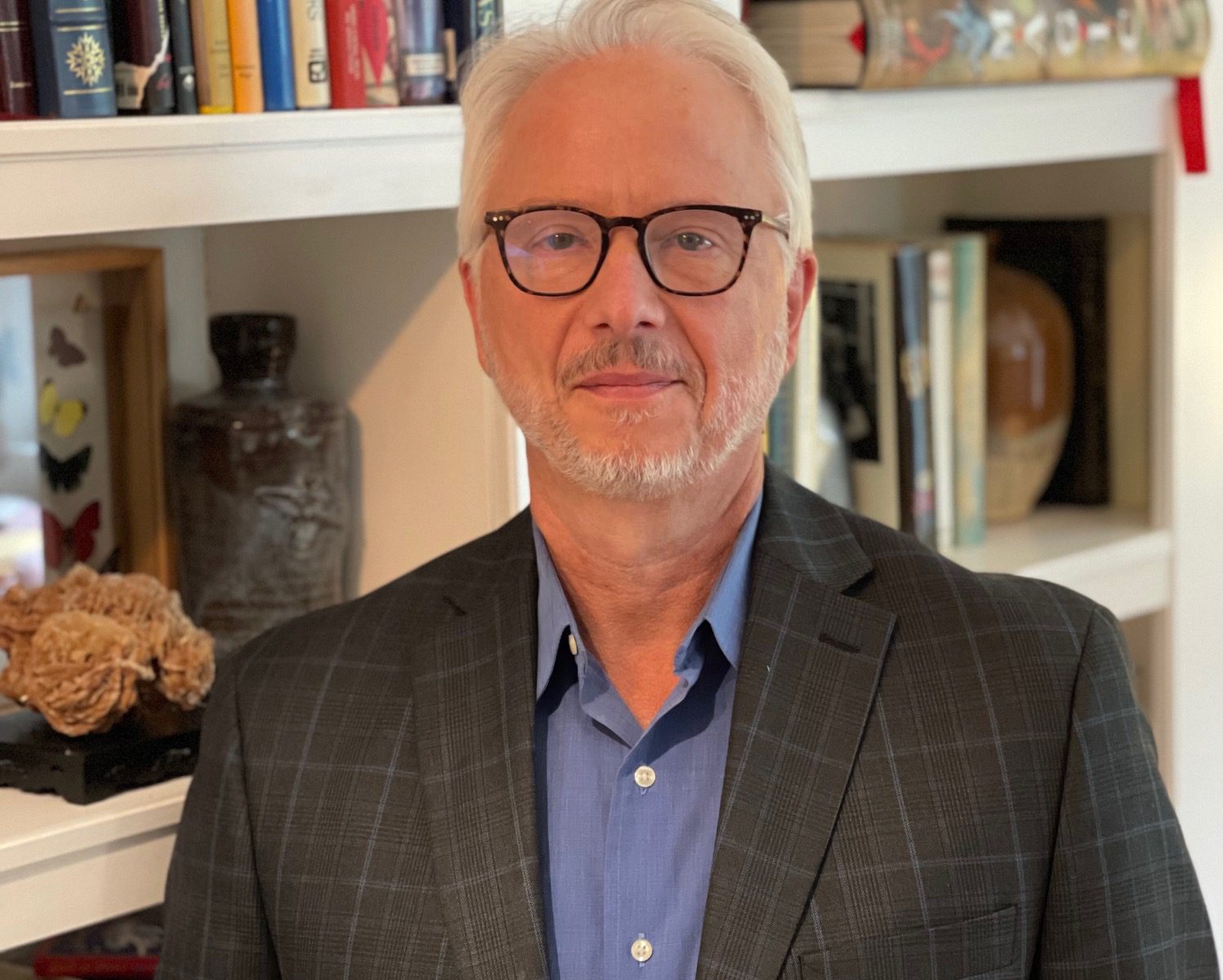American National Bank & Trust: Investing in the Community
American National Bank & Trust prioritizes making a difference in the communities it serves. Guided by this philosophy, the bank became a Bringing Hope Home sponsor this year.
Eddie Martin, American National Bank’s Chief Administrative Officer, explains the bank’s decision to support TAP this way: “As we consider the impact of our corporate donations, prioritization is given to health and human service organizations, financial education, and affordable housing initiatives.”
Mr. Martin continues, “We were struck by TAP’s passion for helping all individuals and families achieve a better quality of life in the communities we both serve.”
Just like TAP, American National Bank has been serving communities in southwestern Virginia for decades. Founded in 1909 in Danville, Virginia, the bank added a Roanoke branch in 2015. The bank now serves both Virginia and North Carolina with 26 branches.
Financial literacy is financial empowerment
American National Bank strengthens the communities it serves by investing in financial education initiatives. Their Bringing Hope Home sponsorship ultimately supported the TAP Tax Clinic. This program, now entering its 20th year, provides free tax preparation and filing services to low-income families. Tax Clinic customers not only get their taxes filed for free but are urged to use their refunds to pay off debt or build their savings. Such practices help build financial stability.
Outside of their sponsorship of TAP, American National Bank has also partnered with Banzai and United Way of Roanoke Valley’s Bank On program. Banzai provides free online financial literacy courses to both students and adults. United Way of Roanoke Valley’s Bank On partnership, which TAP is also a member of, provides everything from financial education and counseling to affordable banking opportunities.
“We believe it is our responsibility as a community bank and local business to take a leading role in strengthening our communities,” states Carolyn Kiser, American National’s Director of Marketing and Community Affairs. “Whether that’s helping a customer manage their finances, providing a loan to help a business succeed, or providing a financial donation, we value any opportunity to help our customers and communities thrive.”
Ms. Kiser continues, “By partnering with programs like Bank On Roanoke Valley, Banzai, and others, we hope to reach those both outside of the banking system and within it to ultimately offer resources that can help anyone with their financial well-being.”
To learn more about American National Bank, you can visit their website.

